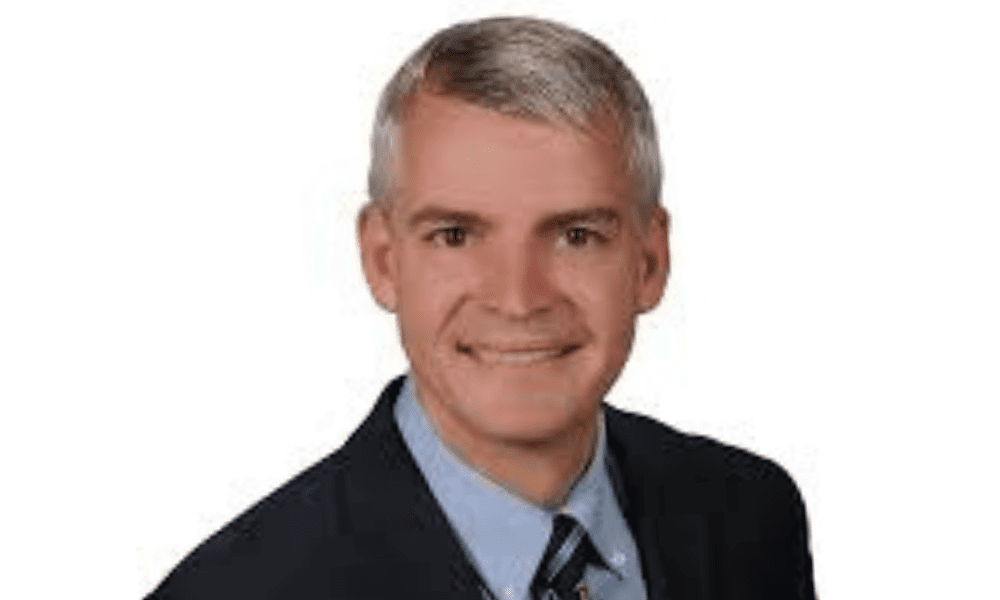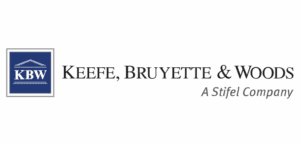Sourcing top-tier talent

Sourcing top-tier talent | Insurance Business America
Insurance News
Sourcing top-tier talent
WSIA exec on recruiting fresh talent
Insurance News
By
Emily Douglas
In the ongoing talent wars, organizations are having to resort to ever more creative ways to not only attract but retain their people. Brady Kelley (pictured above), executive director of the Wholesale & Specialty Insurance Association (WSIA), said that the organization is committed to finding new methods of sourcing that much-needed – and most importantly diverse – top-tier talent.
“The industry is certainly dealing with the race for talent,” he told Insurance Business. “Our association has been focused for a long time on attracting talent through outreach to colleges, universities, internships, scholarships, students, symposiums – a bunch of things to attract student talent into the industry.
“Much of that work was directed at colleges and universities with students in RMI programs. We certainly recruit students that have that background and experience, but many RMI programs don’t necessarily have a diverse student population. So, we have broadened that outreach significantly.”
This commitment to foster a more inclusive and diverse pipeline led to the launch of the WSIA Diversity Foundation in 2020. With a 13-member board and substantial funding, the foundation has expanded outreach to historically Black colleges and universities, Hispanic serving institutions, and other colleges with diverse student populations.
“The goal of that was to really influence meaningful progress in the diversity of the industry and its talent pipeline,” Kelley said. “As well as to help develop an inclusive workplace culture for the association and its member firms.”
The WSIA Diversity Foundation now boasts more than $3.8 million in contributions and pledges to that meaningful work. The program expanded WSIA’s outreach to those diverse student populations with campus visits in several ways.
“The WSIA Diversity Foundation is funding internship opportunities for students – focused on those without prior insurance studies or experience,” Kelley said. We’ve now hosted 25 interns over the last two summers, we’re funding opportunities for students to attend our symposiums and career fairs throughout the year, and we’re supporting Gamma Iota Sigma in their work to develop a more diverse student pipeline for the industry.”
The foundation also continues to update the association’s governance policies and practices, and they’re focused on fostering and demonstrating a culture of equity and inclusion for the membership and making resources available for members.
“We’ve got plenty of work to do in that regard, but we’re proud of the progress we’re making so far,” Kelley said.
While WSIA is committed to fostering authentic diversity into a historically white/male industry, that’s not the only challenge that the growing wholesale, specialty and surplus lines industry faces. Kelley pointed out the industry has grown to $98.5 million in 2022, and that the industry is facing ongoing challenges posed by regulatory changes, particularly in response to natural disasters like hurricanes in Florida.
“The Florida governor and insurance commissioner have limited powers to suspend certain statutes in times of emergency and, in the cases of Hurricanes Ian and Nicole in 2022 and Idalia in 2023, these actions required surplus lines insurers to follow statutes that historically only applied to the standard market,” Kelley said. “That includes a prohibition on canceling or non-renewing a residential policy on a property that was damaged as a result of those hurricanes until 90 days after that property has been repaired. While 2023 Senate Bill 7052 clarified that those emergency powers were only applicable to authorized insurers, 2024 House Bill 1611 codified their applicability to surplus lines insurers, which is a new level of form regulation for our market. We know this is a concern for surplus lines insurers writing residential property coverage in Florida.”
The association remains steadfast in its commitment to working with policymakers on post-disaster solutions that balance the needs of the surplus lines market and Florida property owners, Kelley said.
“We’re also focused on all states with any surplus lines proposals in their 2024 legislative sessions,” he said. “We also have a tool on our website that tracks and reports all of those pending state legislative or regulatory concerns – it’s found on our compliance resources webpage.”
Related Stories
Keep up with the latest news and events
Join our mailing list, it’s free!





